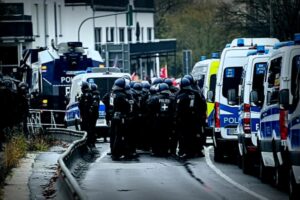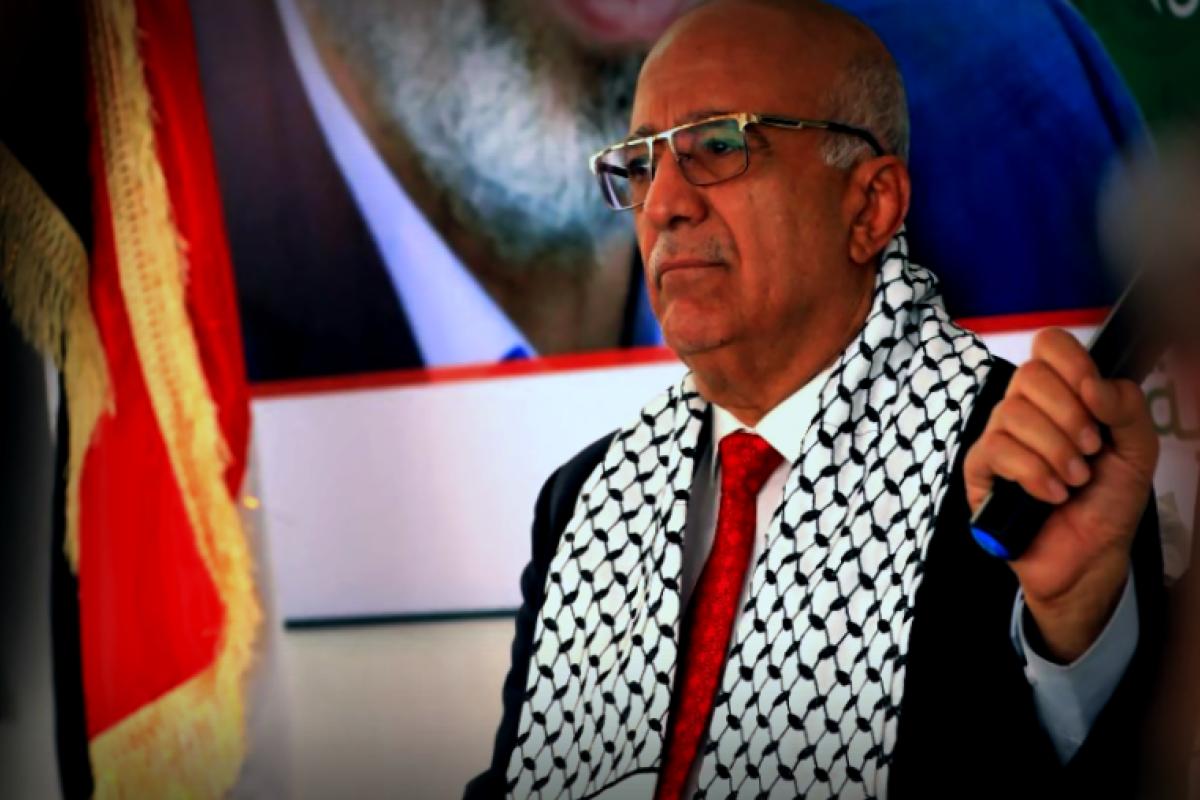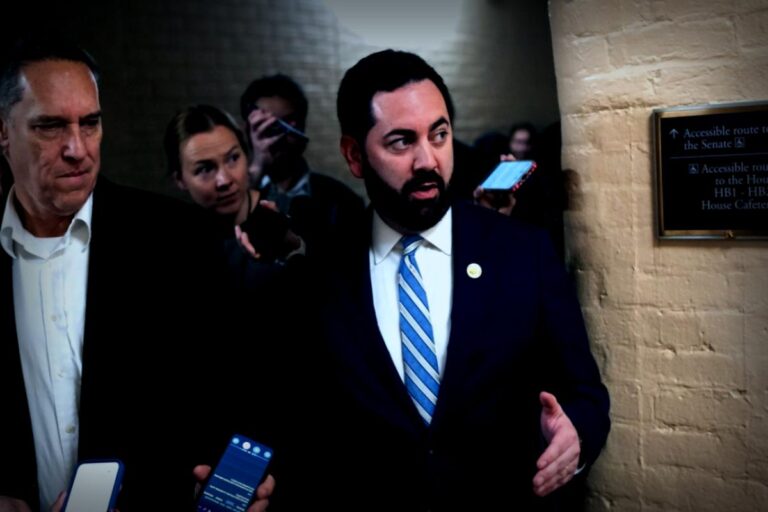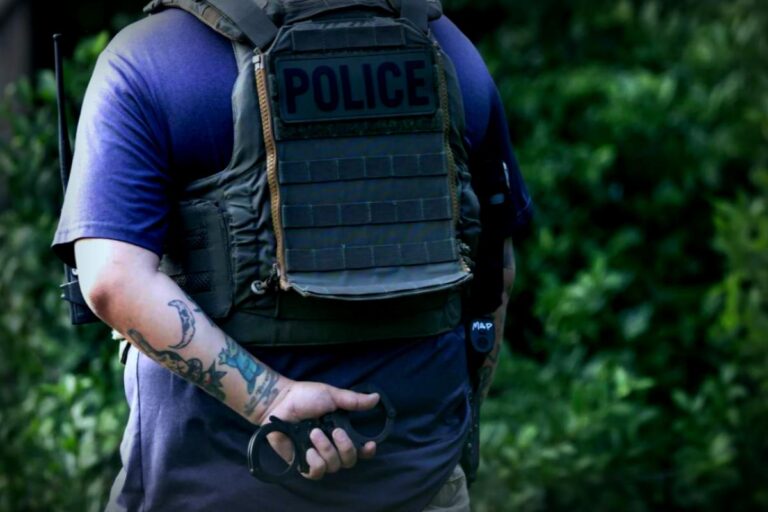The rebel group of Yemen’s Houthis declared on Saturday their intentions to avenge the deaths of their prime minister and several key ministers killed by Israeli airstrikes earlier this week.
The Houthis have reported that Prime Minister Ahmed al-Rahawi was struck down during an attack in the Yemeni capital, Sanaa, on Thursday, which also left additional members critically injured.
Mahdi al-Mashat, who leads the Houthis’ Supreme Political Council, released a message in a video where he affirmed, “We pledge to God, to our people, and to the families of those fallen or hurt that we will seek retribution and transform our pain into triumph.”
This incident marks the highest-ranking casualty for the Iran-backed Houthi group amid Israel’s ongoing operations against them.
The Israeli strike targeted politicians during what was described as “a routine government workshop” evaluating progress from the past year. This gathering reportedly took place while officials were watching a speech from the group’s elusive leader, presenting a significant opportunity for Israel.
In a subsequent statement aired on Houthi-run television, Defense Minister Maj. Gen. Mohammad Nasser al-Atifi emphasized that the Houthis stand ready to confront what they termed the “US-backed Zionist enemy.”
Israel’s Defense Minister, Israel Katz, corroborated the strike on Saturday, asserting that the operation dealt a considerable blow to the Houthi leadership. He claimed, “The Prime Minister, along with many ministers and senior officials, were neutralized as part of this mission.” Katz also whimsically referred to his warning of impending consequences for the group.
The Houthis have escalated their maritime activities to target shipping in the Red Sea, expressing solidarity with Palestinians since the October 7 attacks. They’ve also fired missiles towards Israel, although most were intercepted.
Strategic Changes
Over the past nearly two years of war in Gaza, Israel has intensified its campaign to dismantle the leadership of Iran’s proxies across the region using its intelligence advantages.
Notable attacks in the history include the assassination last year of Hamas’ political leader Ismail Haniyeh in Tehran, followed by the death of Hezbollah’s Hassan Nasrallah in an airstrike in Beirut.
Furthermore, in Gaza, Israeli forces eliminated Hamas leader Yahya Sinwar, along with his brother Mohammed Sinwar, later confirmed dead just days ago by Hamas through commemorative imagery.
Israel’s defense strategy has included explicit threats against the Houthis’ top-tier leadership with Israel Katz declaring intentions to strike vital infrastructures and decapitate leaders like what was executed against Haniyeh, Sinwar, and Nasrallah previously.
This recent strike marks a distinctive shift for Israel, now attacking essential operational leaders of the Houthis after previously focusing on military targets and various infrastructure purportedly aiding the group.
The Israeli air force now appears to be widening its target base, hitting a military site adjoining the presidential palace and other critical facilities such as power plants and fuel depots.
The Houthis have held considerable sway over northern Yemen, seizing Sanaa in 2014 and displacing the internationally acknowledged government. Since that time, they’ve fortified control amid failed interventions by a Saudi-led coalition.
This report has been revised with the latest updates.



















